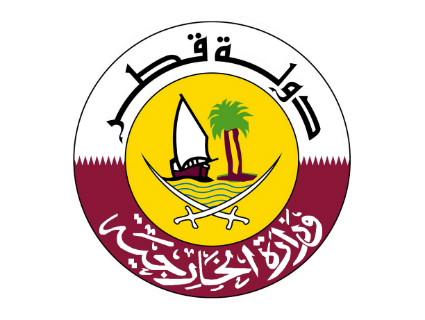QATAR AFFIRMS KEENNESS TO ENHANCE CAPACITIES OF PERSONS WITH DISABILITIES

Geneva/ 25 June 2014/ The State of Qatar has affirmed it keenness on enhancing the capacities of persons with disabilities, through the adoption of several programmes, in cooperation with both public and private sectors, which enable them to benefit from the information and communication technology. This came in the speech of the State of Qatar, delivered by the Second Secretary at the Qatari Permanent Mission to the UN in Geneva Nour Al-Sada before the Annual Thematic Discussion on "technical cooperation and capacity-building in advancing the rights of persons with disabilities through legal and institutional frameworks, including public-private partnerships", currently underway in Geneva. On the outset of her speech, Nour Al-Sada talked on some of the programmes adopted by Qatar with the aim of building the capacities of persons with disabilities, through information and communication technology. In this respect she pointed to the (Building National Capacities) programme which is being implemented by Elderly People Department at the Ministry of Labour and Social Affairs and Qatar Assistive Technology Center (MADA), explaining that the programme includes training courses and workshops targeting people with disabilities, their families and their staff. She also noted that 90 percent of the national database for people with disabilities has been completed, through coordination with public and private bodies working the field in addition to the formation of a working group of stakeholders to persons with disabilities to develop an enabling work environment for people with disabilities in the context of the social development sector strategy within Qatar National Vision 2030. Al-Sada pointed to the continuous cooperation between Qatar Society for Rehabilitation of People with Special Needs and MADA in a number of areas providing the latest systems in the field of training for people with disabilities on technology and technology assistance, explaining that the purpose of this cooperation is to achieve the greatest social and psychological, educational and vocational training. She raised a question about the means to coordinate the efforts of the United Nations mechanisms and partnerships with multi-national agencies, in a number of countries, mentioned in the report of the High Commissioner for Human Rights, in order to disseminate best practices to promote and protect the rights of persons with disabilities.

